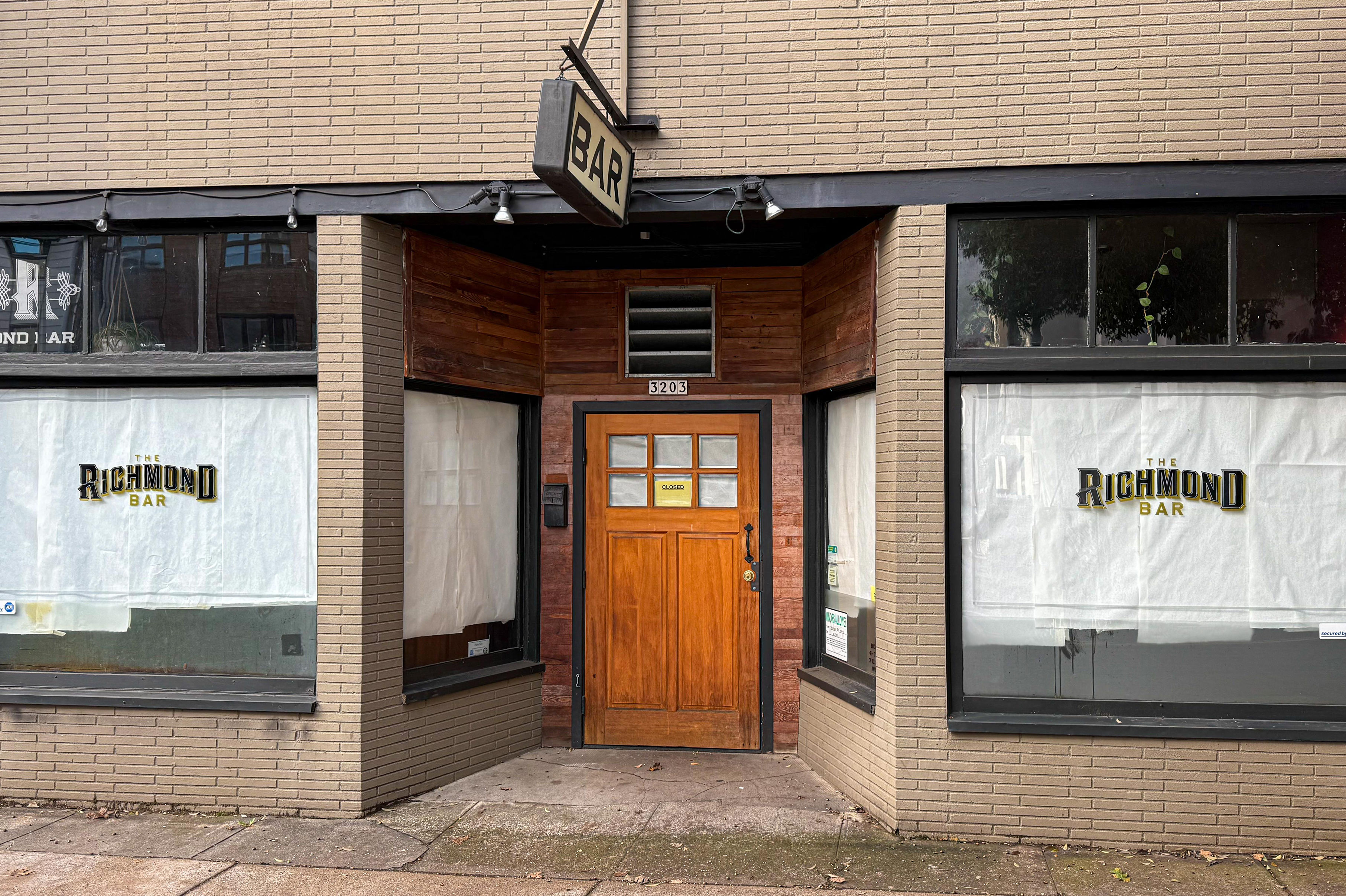Just Exactly What Is Happening in Salem Right Now?

Something weird is in the wind at the Oregon Capital.
Environmentalists and timber companies, long at loggerheads (pun intended) are making nice. And Republicans—who have historically counted the state’s timber industry leaders as among their biggest donors—think they’re getting played as a result.
There’s only three more weeks of the legislature’s every-other-year, taking-care-of-business “short session” to figure it out—that is, unless Senate Republicans want to make like it’s 2019 all over again and flee the state in protest of proposed climate change policies and pursuit of national headlines, denying a quorum, bringing all legislative business to a halt, and running out the clock.
This time, though, Democrats are prepared, with sources telling Oregon Public Broadcasting that Gov. Kate Brown is reportedly willing to extend the special session indefinitely, forcing any GOPers who’ve walked out to either stay holed up in an out-of-state motel, or else return to Salem to face a vote, before they can go home.
Let’s recap, shall we?
The plot truly thickened last Monday, when the governor’s office sent out a triumphant press release, heralding a brokered agreement between timber industry giants, including executives from Weyerhaeuser, Roseburg Forest Products, Stimson Lumber and more, alongside the leaders of a clutch of environmental nonprofits, including Oregon Wild, the Oregon League of Conservation Voters and the Audubon Society of Portland.
Under the agreement, both sides would abandon competing measures slated for the November 2020 ballot, and instead work together over the next 18 months to update Oregon’s forest best practices. The goal: Protect vulnerable species and their habitat, while updating rules for logging on privately owned land.
Given Oregon’s increasing Democratic bent, and the likelihood of high turnout in a presidential year, timber interests may well not have liked their chances in November, or the millions they’d have to spend on the fight—and so, with last Monday’s agreement also came word that the agreement was tied to successful passage of a bill that aims to curb aerial pesticide spraying, a long-sought environmental holy grail that has met with significant past resistance.
But what’s needed to pass that bill—or any bill, for that matter? Enough legislators to get to a quorum, that’s what.
And if you need lawmakers to stick around Salem to pass that bill, they’ll also have to be there to vote on a revamped cap and trade bill, the bill that acknowledges that climate change is a thing and requires polluters to pay up for emissions. And there’s the rub.
Republicans, suspecting that Brown had tried to outfox them by neutralizing a key constituency, were not amused.
Senate Minority Leader Herman Baertschiger, a Republican from Grants Pass, took to the airwaves, telling conservative radio host Lars Larson that, “That really made my life a lot more complicated. The Democrats thought… if you want your timber industry’s pesticide bill to pass, you’re going to have to stick around for cap and trade, and we simply can’t do that. So the timber industry didn’t do us any favors.”
Complicating matters further: While Republican dollars may come from the timber industry executives, their voters are more likely to be the loggers, truckers and farmers who live and work in rural Oregon, who don’t want to allow a vote on cap and trade under any circumstances, even if it means that the nascent agreement between the timber industry and the environmentalists collapses and the costly ballot measures resurface. (The cap and trade legislation is, if not stalled, at least delayed, with some Democrats voicing concerns about the process, and House Speaker Tina Kotek announcing Monday that lawmakers needed more time to review the bill and hear from members of the public.)
It’s these voters that have fueled the rise of Timber Unity, a high-profile watchdog group that lustily supported the GOP walkout of 2019, and recently flooded the Capitol with trucks to urge Republican senators to stand firm against the retooled bill this year. That puts Senate Republicans squarely between the proverbial rock and hard place, with a ticking clock to boot—the short session is due to wrap up in just three weeks, on March 8.




